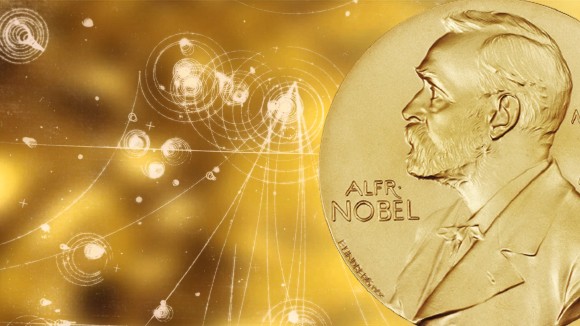Nature Portfolio is pleased to acknowledge financial support from IBM Quantum in producing this collection. The sponsor retains sole responsibility for the following message.
 Some of today’s most important problems are too challenging for powerful supercomputers. But a new computing paradigm, quantum computing, is widely expected to tackle some of these problems. IBM is a pioneer in the quantum field. Forty years ago, IBM co-sponsored the Physics of Computation Conference at MIT’s Endicott House, where physicists and computer scientists laid the foundations of modern quantum information science. These thinkers realized the power that quantum mechanics could have for cryptography, simulation, and computing. Since then, much of the field’s development has occurred at IBM’s Yorktown and Almaden labs. Among quantum’s weirdest ideas is quantum entanglement—but it’s also among the most important. Charlie Bennett, recent co-recipient of The Breakthrough Prize in Fundamental Physics, used entanglement to develop the concept quantum teleportation for transmitting quantum information over long distances. Quantum teleportation would neither be possible nor scalable without the recipients of this year’s Nobel Prize in Physics. IBM is grateful to the Nobel Committee for recognizing this important field. We’re eager to make this research open to the broader public for the betterment of society as a whole.
Some of today’s most important problems are too challenging for powerful supercomputers. But a new computing paradigm, quantum computing, is widely expected to tackle some of these problems. IBM is a pioneer in the quantum field. Forty years ago, IBM co-sponsored the Physics of Computation Conference at MIT’s Endicott House, where physicists and computer scientists laid the foundations of modern quantum information science. These thinkers realized the power that quantum mechanics could have for cryptography, simulation, and computing. Since then, much of the field’s development has occurred at IBM’s Yorktown and Almaden labs. Among quantum’s weirdest ideas is quantum entanglement—but it’s also among the most important. Charlie Bennett, recent co-recipient of The Breakthrough Prize in Fundamental Physics, used entanglement to develop the concept quantum teleportation for transmitting quantum information over long distances. Quantum teleportation would neither be possible nor scalable without the recipients of this year’s Nobel Prize in Physics. IBM is grateful to the Nobel Committee for recognizing this important field. We’re eager to make this research open to the broader public for the betterment of society as a whole.
Sponsor selected articles:
Error mitigation extends the computational reach of a noisy quantum processor
Hardware-efficient variational quantum eigensolver for small molecules and quantum magnets
Supervised learning with quantum-enhanced feature spaces
A rigorous and robust quantum speed-up in supervised machine learning


